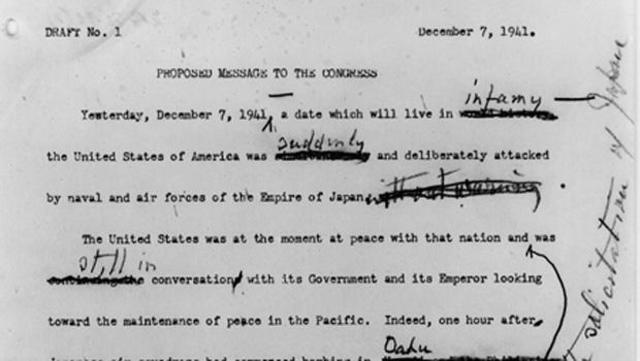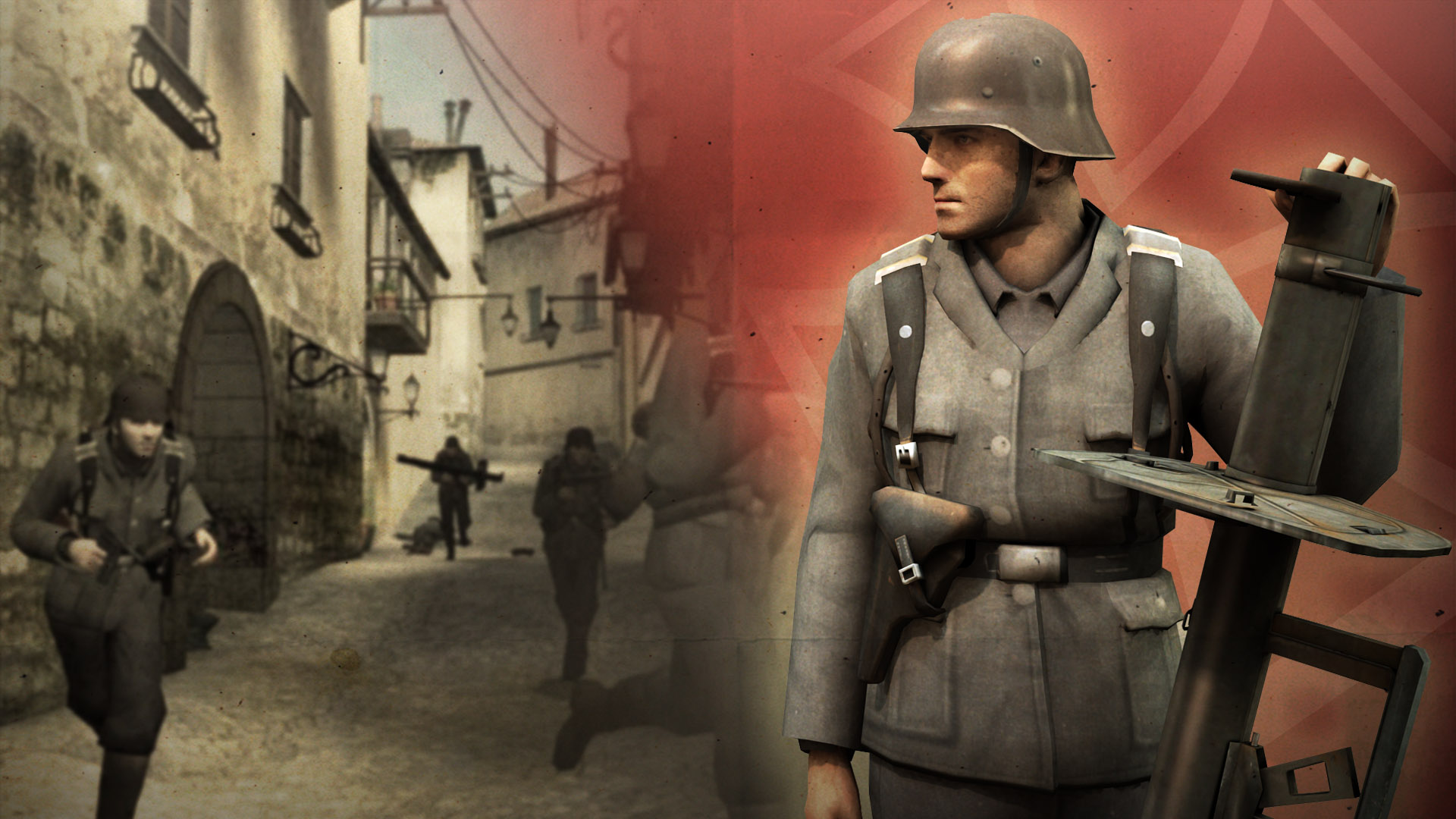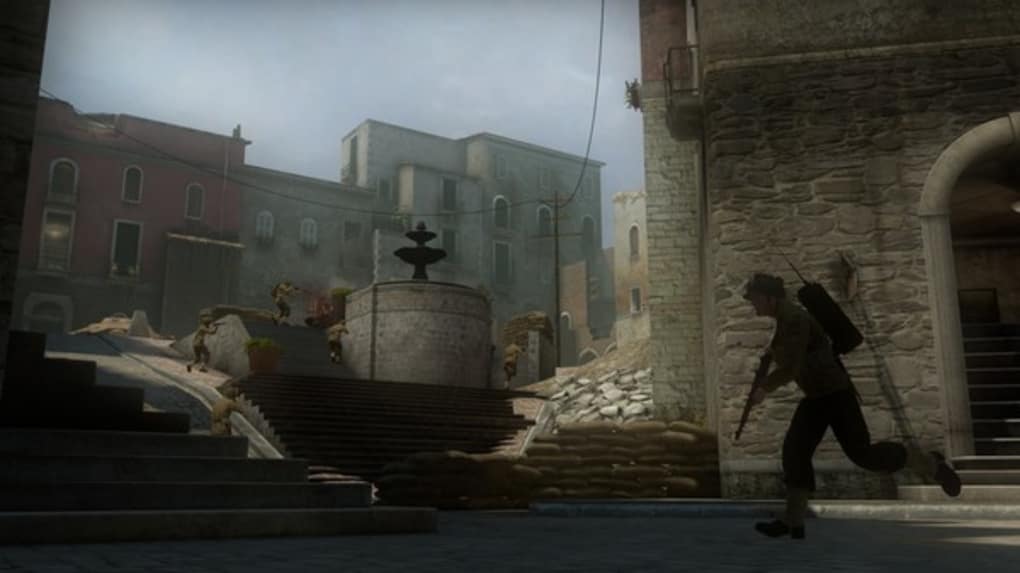
In the face of such irrationality, individual Americans could have done little to defend themselves. It was the Japanese leaders' cardinal folly to have decided on war against virtually the entire world, and the Pearl Harbor attack was but one manifestation of this irrationality. After all, the Pacific war involved the pitting of Japan against China, Britain, France, the Netherlands and ultimately the Soviet Union, in addition to the United States. Speaking of the crisis of 1941, Prange notes, "A workable, lasting agreement between the United States and Japan was as nearly impossible as anything in the unpredictable human equation could ever be." An unexceptional statement, it reveals a failure to stress the international dimension of the bilateral relationship. For the U.S.-Japaese crisis was far more than a bilateral issue.

Even so, one may well ask if it is sufficient to understand the Pearl Harbor episode by describing the roles played by individual Americans and Japanese.

Focusing on the question inevitably means discussing "the nature of the men involved," to evaluate them within "the structure of Occidental justice" as Prange calls it. Most historians (and one suspects readers as well) would be bored by too single-minded a concentration on the responsibility/conspiracy question. These are valid insights, and will be particularly useful to Japanese readers who have tended to be swayed by revisionist influences.
Day of infamy day of defeat full#
They assert that the disaster in Hawaii must be blamed, not on a high-level conspiracy, but on the general complacency of the commanders there (Admiral Kimmel and General Short) and on the failure of Washington "to take Kimmel and Short into full confidence" by forwarding to them some of the critical intelligence it had gathered through "Magic" intercepts. Prange and his associates confront such revisionist writings - most recently John Toland's Infamy - head-on, and proceed to demolish their interpretations mercilessly. THIS BOOK is nevertheless valuable as the latest statement against revisionist historiography, especially those who have argued that President Roosevelt and his aides knew in advance of the Japanese attack - or even that they had provoked the attack - but did nothing to prepare for it because they wanted to take the nation to war. Because the data presented at these hearings, as well as many others, were utilized by Prange in writing At Dawn We Slept, readers interested in the question can turn to that book it may be doubted if they also have to peruse the new volume, which is nearly 700 pages long. fleet in Hawaii, Americans began asking the same question, and several inquiries were held during the war by Congress and the military services. Almost as soon as Japanese planes dropped bombs n the U.S. In it Prange's main concern is with the question of why the Pearl Harbor disaster could not be prevented, hardly an original one. Pearl Harbor: The Verdict of History is essentially a footnote to that volume those who have read At Dawn We Slept will find relatively little that is new here. The book is likely to remain the best treatment of the subject for many years to come.

A major product of this joint research was a 1981 publication, At Dawn We Slept, a magnificent study that traced in great detail the immediate circumstances that led to the attack. Dillon) read additional material as soon as it became available. And after his death, two associates (Donald M. Thus convinced, Prange combed thousands of pages of documents and interviewed hundreds of participants in the drama, both American and Japanese. It arose from the nature of the men involved." "One cannot understand the defeat which the United States suffered on December 7, 1941," he wrote in this book, "by attempting to analyze it in terms of economics, sociology, technology, or any other of history's neat pigeonholes. He applied this approach with merciless vigor to the Pearl Harbor story. Prange, a University of Maryland historian, was unabashedly old-fashioned, treating history as narrative, to be explored in terms of key personalities to assess their motives, roles and responsibilities. THERE ARE many ways of examining the Pearl Harbor attack, an event that took place 44 years ago but has continued to hold fascination.

Is the author of the forthcoming "The Origins of the Second World Wa January 19, 1986


 0 kommentar(er)
0 kommentar(er)
